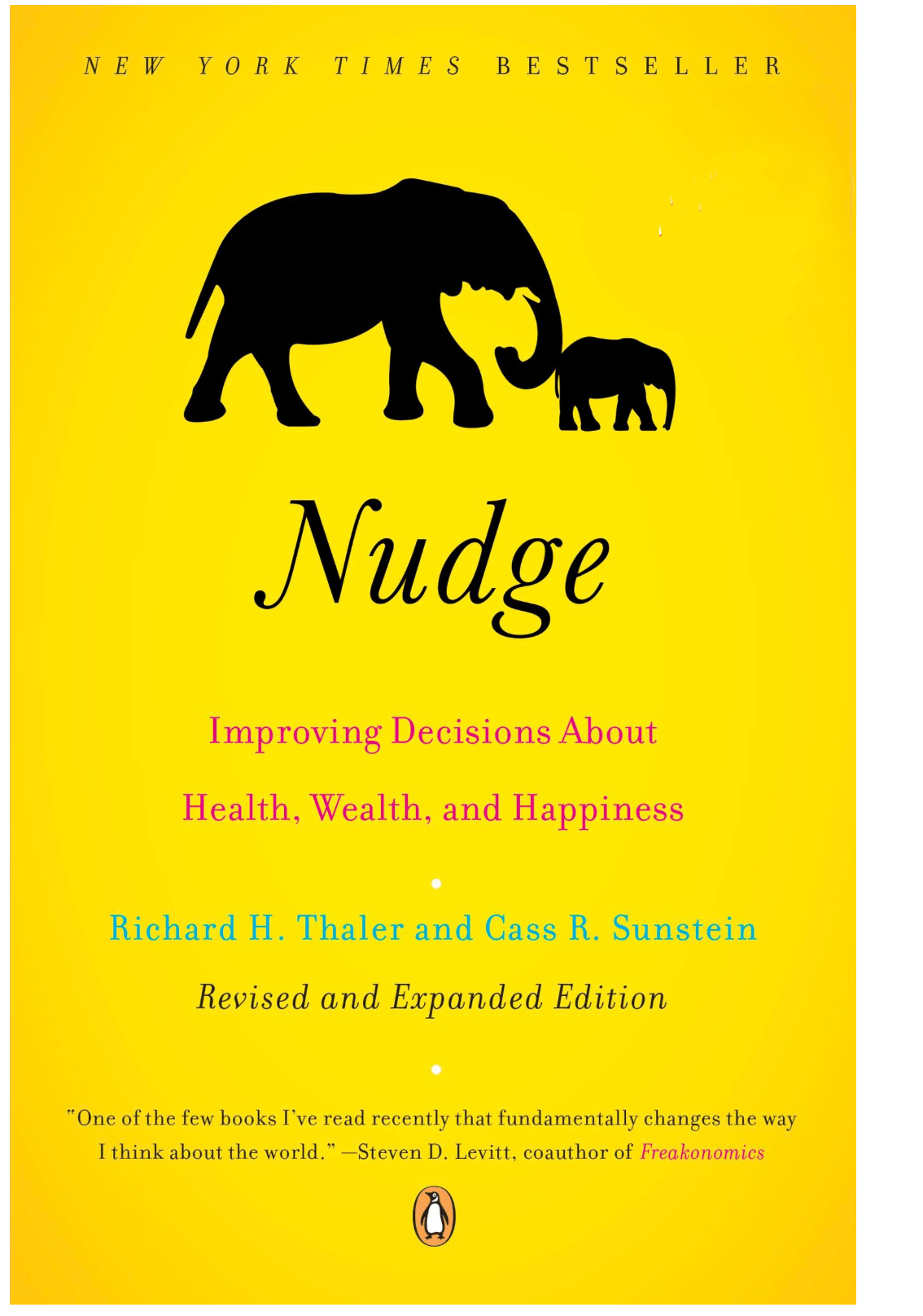
401(k) Nudges and Course Corrections
 Behavioral economist Richard Thaler, winner of the 2017 Nobel Prize for economics, regards his field’s greatest contribution as showing that people are more likely to save if the saving happens automatically.
Behavioral economist Richard Thaler, winner of the 2017 Nobel Prize for economics, regards his field’s greatest contribution as showing that people are more likely to save if the saving happens automatically.
“I’m all for empowerment and education, but the empirical evidence is that it doesn’t work,” he said in a 2015 Wall Street Journal interview. “That’s why I say make it easy.”
To make saving for retirement easier, employers have increasingly turned to automated 401(k)s. Automation has taken two basic forms. The first, automatically enrolling each employee, is pervasive and has had notable success in increasing participation in retirement savings plans. The second form, automatically increasing the amount employees save – a concept originated by Thaler and economist Shlomo Benartzi – is catching on. It’s hoped that the second will correct a problem created by the first.
Last year, 45 percent of Vanguard’s client base used auto-enrollment plans, according to its “How America Saves 2017” report. Historically, employees were asked to enroll in their employer’s 401(k). Today, more employers are – as Thaler would say – “nudging” workers by automatic enrolling them, usually when they are hired. Although they then have the freedom to opt out, inertia tends to keep them in the plans.
Participation in all types of 401(k)s has roughly increased in lock-step with the spread of auto-enrollment. Last year, 79 percent of workers participated in Vanguard-administered plans, up from 68 percent a decade ago, when a new federal pension law made auto-enrollment more appealing to employers.
The irony, however, is that while auto-enrollment encourages more people to save, Vanguard partly blamed a 2016 drop in employee contributions on their popularity. The average employee contribution in all types of 401(k) plans declined from 6.9 percent of 2015 pay to 6.2 last year, well below the 7.3 percent rate prior to the Great Recession, according to Vanguard.
The reason is that employees often will stick with the relatively low contribution rate set by their employer – again, employee inertia’s at play. Well-known research studies back this up. The default contribution rate in auto-enrollment plans is usually just 3 percent to 4 percent of pay.
Most regular Americans probably need to save more for retirement, especially if they haven’t consistently been saving throughout their working lives. This is where that second, newer twist on automation comes in: auto-enrollment plans are instituting annual, automatic increases in employees’ saving.
Increasing contribution rates and higher default contribution rates in auto-enrollment plans helped to increase average contributions in these plans to 6.1 percent of pay last year, up from just 4 percent in 2009, Vanguard said. Last year’s rate is nearly the same level as the saving rate for both automatic and voluntary 401(k) plans combined.
Thaler’s take on auto-enrollment and auto-escalation is that you gotta have both to achieve retirement security.
Squared Away writer Kim Blanton invites you to follow us on Twitter @SquaredAwayBC. To stay current on our blog, please join our free email list. You’ll receive just one email each week – with links to the two new posts for that week – when you sign up here.
Comments are closed.







This approach is sort of ok for individuals who work in 401k environments; Most peoples retirement savings don’t work in such environments. The only ways to solve our retirement crisis is to have government-mandated savings. The federal government should legislate that all individuals under the age of 70 must save at least 10% of their gross income. The money would be withheld from individual’s paychecks, as is Social Security. Individuals who don’t have enough withheld would have to make “estimated” payments quarterly, as individuals do for their income tax. The money would be tax free going in and taxable going out. The money would be invested in low-cost stock and bond index funds and a money market account. The funds would be run by firms (e.g., Vanguard, BlackRock) that would bid to run them. The whole system would be overseen by a presidential-appointed board.
The money, unlike Social Security, would belong the individual and his heirs. At age 70, the individual would be able to have an annuity or let the money keep compounding.
To pay for this, I would abolish all other government-allowed retirement plans (e.g., IRAs, 401ks, SEPS, etc.) The funds in those accounts would remain under their current regulations but no additional monies could be added.
The current retirement system benefits two types of individuals: (1) rich people and (2) people with high savings rates. The former already receive enough benefits and the latter will save under any system.
This country has gone from one with the Puritan ethic to one dominated by profligate wastrels. If we don’t change our savings habits, we are bound for financial doom.
Thank you, Joel, for your interesting comments. I mostly agree with your strategy, although there are some parts of your tactics I disagree with.
Since retiring a few years ago, I have taken a few fun, but low-wage part-time jobs. I have met many good, hard-working people (think fast food workers, low-level retail workers, lawn service/mowing employees, etc.) These folks are barely getting by on what they make now, and a 10% pay cut (in effect) would be catastrophic.
I’m also nervous about putting such a program as you propose overseen by a “presidential appointed board.” That’s scary.
Lastly, I agree that the current retirement plans favor “rich people, and people with high retirement rates.” Of course you are also describing the average Squared Away Blog reader!
Please, remember there’s another world out there…a world of minimum wage working poor who can hardly survive now; before your proposed withholding 10% of their income. They’re worried about getting through the month, and don’t have the luxury of worrying about concerns decades away.
Thank you for your consideration.